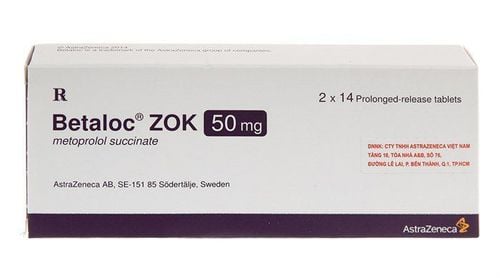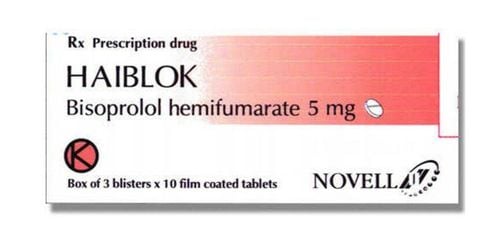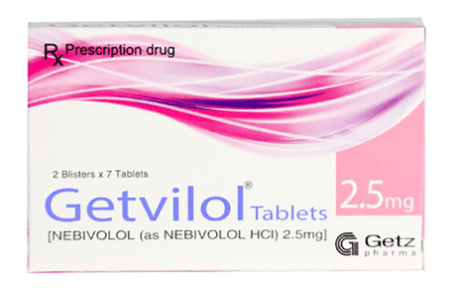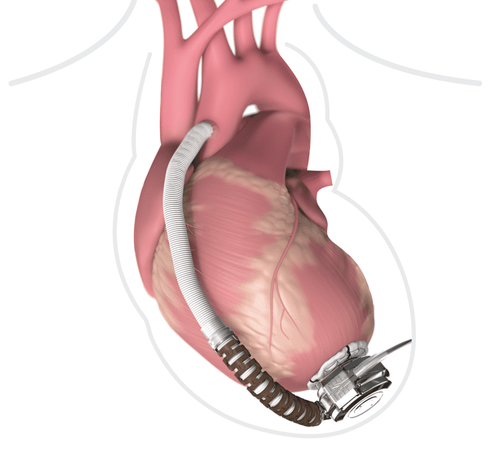This is an automatically translated article.
Video content is professionally consulted by Assoc. Prof, Dr., Doctor II Chu Hoang Van, Department of Medical Examination, Vinmec Times City International HospitalHeart failure is a medical condition when the heart is not able to pump enough to supply blood to meet the needs of the body. Patients with heart failure will have reduced functioning ability, reduced quality of life, depending on the level, they will need different support. People with stage 4 or end-stage heart failure are at increased risk of dying from arrhythmias and episodes of decompensated heart failure. Heart failure is divided into two types: acute and chronic heart failure.
Although heart failure is the last stage of cardiovascular diseases, there are some cases where symptoms of heart failure can be completely cured if detected early and properly treated. If the cause of heart failure is due to stenosis, if treated with early valve replacement, the patient can recover completely or in congenital heart disease if surgery is done early...
Cases of heart failure due to pathology Chronic diseases such as hypertension, diabetes, myocarditis... the disease will not be completely cured when there is a change in heart structure.
If the body has the following signs, pay attention because they may be clinical symptoms of heart failure:
Appears acute episodes of shortness of breath appear Rash on both sides of the lungs Carotid venous pressure increased pale pale skin Limited physical activity Lower extremities edematous, white soft, concave when pressed Weight gain In addition, symptoms of heart failure can also be detected through test results. The following tests allow the detection of subclinical heart failure symptoms:
Enlarged heart image when observing X-ray results Urea and creatinine increase are indirect signs of renal failure that may occur due to heart failure. To control heart failure and limit the risk of developing end-stage heart failure, people need to:
Change their diet: Eat green vegetables, fruits, whole grains, products from low-fat dairy, fish, lean meat, poultry, eggs, red meats, soy products and vegetable oils. Do not eat salty foods, animal fats, refined or processed foods. Quit alcohol, stimulant drinks such as tea, coffee, quit smoking. Change your lifestyle: Regular exercise will help increase blood circulation and prevent blood clots. Depending on the stage of the disease and health condition, you can choose moderate exercises such as walking, meditating, cycling... Patients with end-stage heart failure should exercise gently, spend a lot of time resting. Rest without overexertion. Drug treatment: Diuretics, heart drugs, vasodilators, anticoagulants... Cardiovascular surgery and interventional therapy: When heart failure worsens, does not respond to treatment with Heart transplant surgery drugs are the last step in the treatment of heart failure.
Please dial HOTLINE for more information or register for an appointment HERE. Download MyVinmec app to make appointments faster and to manage your bookings easily.













